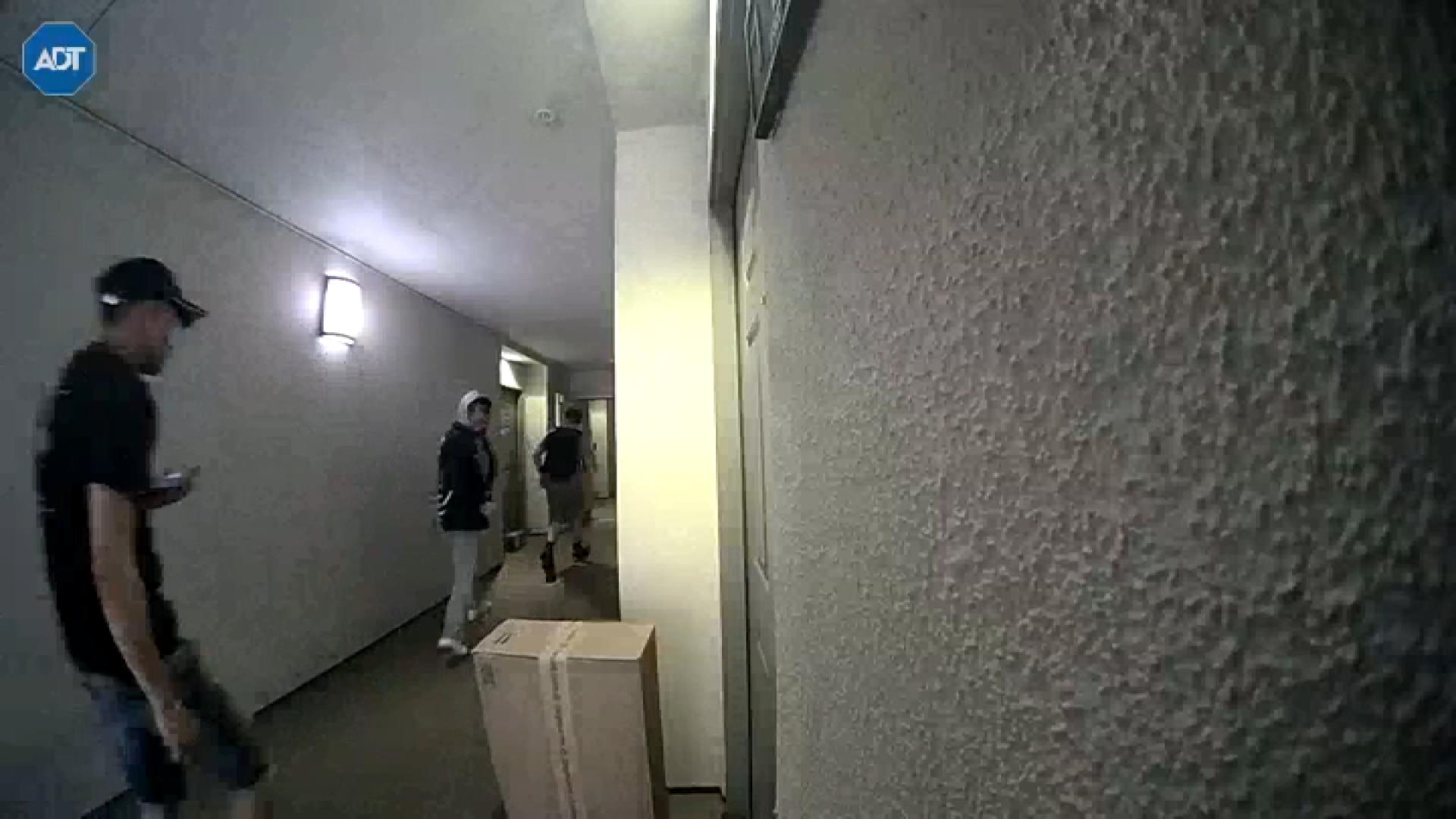Some truck drivers who haul goods from the nation's busiest port complex in Los Angeles and Long Beach went on strike Monday in the latest action as part of a long-running labor dispute at the West Coast's shipping gateway.
The strike targeting four companies doing business at the Los Angeles-Long Beach and San Diego complexes comes after a weekend vote from Teamsters. Drivers from the four companies are striking, but it wasn't immediately clear how many of the 16,000 truckers at the ports of Los Angeles and Long Beach would walk off the job.
About 200 of the estimated 500 drivers associated with the four companies were on the picket lines Monday, and the job action will expand to cargo terminals later in the day, a Teamsters union representative said during a morning conference call announcing the strike. Some secondary picketing will target specific trucks as they arrive at other locations.
The strike involving drayage firms, which specialize in short-haul transport, is not expected to shut down all port business. All port terminals remained opened Monday morning.
The Los Angeles-Long Beach ports are the primary West Coast gateway for hundreds of billions of dollars of annual trade with Asia. Drivers also walked picket lines Monday morning at an Otay Mesa freight drayage company in San Diego.
About 16,000 drivers work at the ports, most of them independent contractors for trucking companies. The truckers say they face shrinking wages and want to become employees of the trucking companies, which they say would mean better wages and workplace protections.
The drivers have been subjected to "persistent wage theft," said Teamsters spokeswoman Barb Maynard. Striking truckers argue they are improperly classified as independent contractors.
News
Top news of the day
It was too soon to say what, if any, effect a work stoppage would have on business, said ports representatives. Earlier this year, tough contract negotiations with dockworkers nearly closed 29 seaports from San Diego to Seattle, causing major delays in the delivery of billions of dollars of imports and exports.
Trucking companies have argued that driver pay is good and picketing at the ports did not represent the majority of drivers. They object especially to the timing of the unrest as the port is still recovering from a dockworkers strike.
"I believe now is a horrible time to introduce any slow-downs to the supply chain," Weston LaBar, executive director of the Harbor Trucking Association, said in a statement late last week. "If they want to be a part of the real solution perhaps they should suspend these efforts until we get closer to a normal flow of cargo in the San Pedro Bay. We don't want to put any more jobs in our region in jeopardy."



